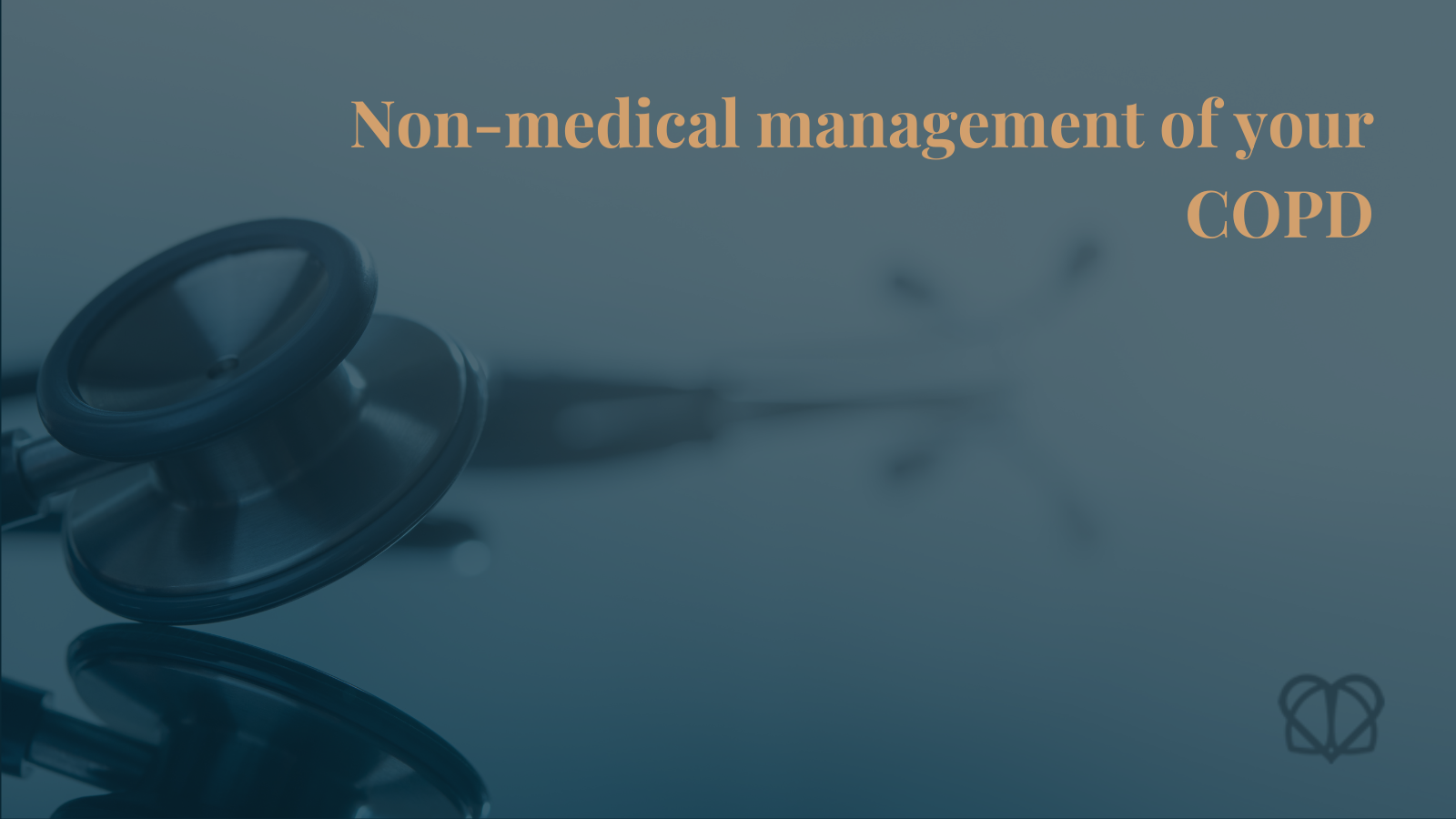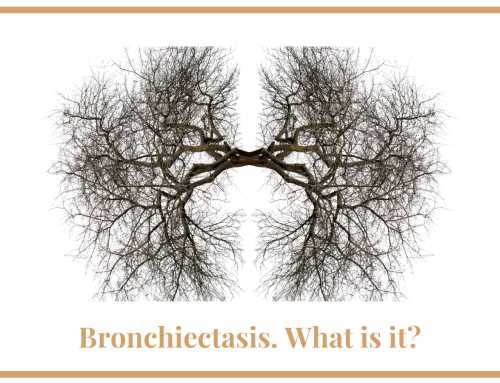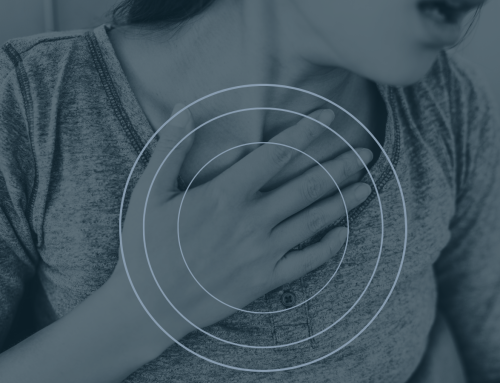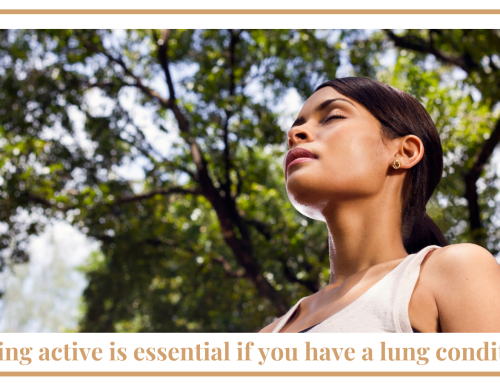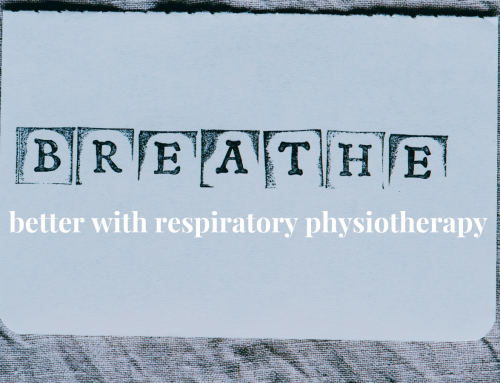If you’ve been diagnosed with COPD you may be keen to do whatever you can to manage your symptoms with as little medical intervention as possible. Reducing the severity of your COPD symptoms means you can enjoy a better quality of life…
Non-medical management of COPD is possible
Let’s delve a little deeper into some of the changes you could make:
Lifestyle Changes
Make some changes to the way you live your life and you may find it easier to manage your symptoms.
Quit smoking: This is arguably the most important change you can make above anything else. By doing so you will slow down the disease progression and at the very least sustain your current lung function, or maybe even slightly improve it. You may find getting additional support from NHS smoking cessation services, support groups or even counselling will help you quit for good.
Paying attention to your diet: If you don’t currently try to enjoy a balanced diet rich in fruits, vegetables, whole grains, lean proteins and healthy fats then now is the time to start! Eating well is good for your overall health and can boost your energy levels, which may also help you become more active. This is especially important if you’re overweight as this can exacerbate COPD symptoms.
Try to exercise regularly: By being physically active you will improve cardiovascular health, muscle strength and endurance – all of which help you better manage COPD symptoms. And you don’t need to be running marathons here – even simple activities like walking, cycling, and swimming are beneficial.
Try to manage your stress: Practices like yoga, meditation, and mindfulness can help reduce stress and improve your overall wellbeing.
Be aware of pollutants: Reducing exposure to environmental irritants like dust, smoke, chemical fumes and outdoor pollution can help manage COPD symptoms. Try to keep your home well-ventilated and you may find that using exhaust fans helps.
Breathing Techniques
If you need help managing symptoms such as breathlessness we highly recommend booking a consultation with Air Physiotherapy. We can help assess your breathing and teach you techniques that you will find helpful and give you the confidence to move more.
In the meantime, you can try:
Pursed-Lip Breathing: You do this by gently breathing in through your nose, then pursing your lips as though you’re going to blow out a candle when you blow out. Blow out only for as long as is comfortable, but ideally for twice as long as you breathe in until you reach the natural end of your breath. The technique helps empty your lungs and slow your breath.
Diaphragmatic Breathing: This is particularly important as it utilises the stronger, more fatigue resistant muscle called the diaphragm. When the diaphragm works effectively it helps fill our lungs uniformly and can delay the use of the smaller, more fatigable muscles in the upper chest – the accessory muscles. Overuse of the accessories can contribute to feelings of breathlessness.
Visit our earlier blog here to find out more about breathing exercises for COPD.
Air Physiotherapy can help
Our team offer 1:1 pulmonary rehabilitation, which we call Respiratory Rehabilitation.
Pulmonary Rehabilitation is an exercise and education program tailored for individuals with lung diseases who suffer from breathlessness (NHS England).
Research indicates it significantly enhances quality of life, boosts exercise capacity, and reduces breathlessness in patients with chronic lung conditions like COPD.
What we offer at Air Physiotherapy:
Bespoke 1:1 Respiratory Rehabilitation with a Specialist Respiratory Physiotherapist:
- Comprehensive initial assessment, which includes:
-
- Full respiratory assessment, baseline and ambulatory oxygen evaluation, airway clearance assessment, and a physical examination.
- Personalised treatment program featuring:
-
- Weekly cardiovascular and strength-based exercises (1-2 times) adapted to your physical capabilities,
- A tailored airway clearance regimen including an infection management plan,
- Breathing exercises and lifestyle guidance to help you breathe more effectively and efficiently,
- Techniques to manage breathlessness,
- Education on your condition’s anatomy, how lifestyle choices affect it, and the role of respiratory physiotherapy in long-term health.
- Continuous communication with relevant healthcare professionals as needed.
- Lifetime access to your respiratory rehabilitation treatment plan, including a library of exercises and advice.
Find out how Air Physiotherapy supported Viktoria and helped her understand more about her condition and how to manage it

